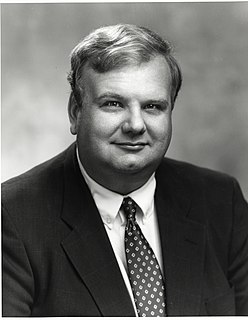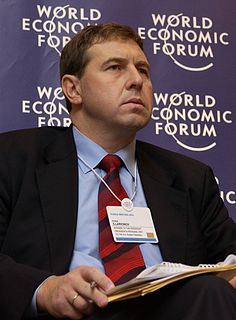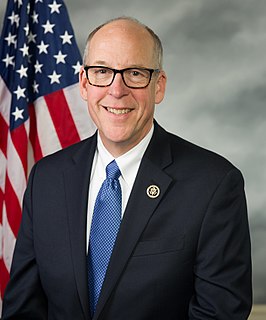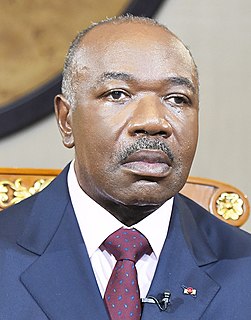A Quote by Lawrence B. Lindsey
The Bush Administration believes the Kyoto protocol could damage our collective prosperity, and in so doing, actually put our long-term environmental health at risk. Fundamentally, we believe that the protocol both will fail to significantly reduce the long-term risks posed by climate change and, in the short run, will seriously impede our ability to meet our energy needs and economic growth.
Quote Topics
Ability
Actually
Administration
Believe
Believes
Both
Bush
Bush Administration
Change
Climate
Climate Change
Collective
Could
Damage
Doing
Economic
Economic Growth
Energy
Environmental
Environmental Health
Fail
Fundamentally
Growth
Health
Kyoto
Kyoto Protocol
Long
Long-Term
Meet
Mental Health
Needs
Our
Prosperity
Protocol
Put
Reduce
Risk
Risks
Run
Seriously
Short
Term
Will
Related Quotes
Our society does reward beauty on the outside over health on the inside. Women must not be blamed for choosing short-term beauty "fixes" that harm our long-term health, since our life spans are inverted under the beauty myth, and there is no great social or economic incentive for women to live a long time.
With my eyes closed, I ask if she knows how this will all turn out. "Long-term or short-term?" she asks. Both. "Long-term," she says, "we're all going to die. Then our bodies will rot. No surprise there. Short-term, we're going to live happily ever after." Really? "Really," she says. "So don't sweat it.
The most important thing that a company can do in the midst of this economic turmoil is to not lose sight of the long-term perspective. Don't confuse the short-term crises with the long-term trends. Amidst all of these short-term change are some fundamental structural transformations happening in the economy, and the best way to stay in business is to not allow the short-term distractions to cause you to ignore what is happening in the long term.
On Earth Day I made a commitment to reduce our emissions of greenhouse gases to 1990 levels by the year 2000. And I asked for a blueprint on how to achieve this goal. In concert with all other nations, we simply must halt global warming. It is a threat to our health, to our ecology, and to our economy. I know that the precise magnitude and patterns of climate change cannot be fully predicted. But global warming clearly is a growing, long-term threat with profound consequences. And make no mistake about it, it will take decades to reverse.

































